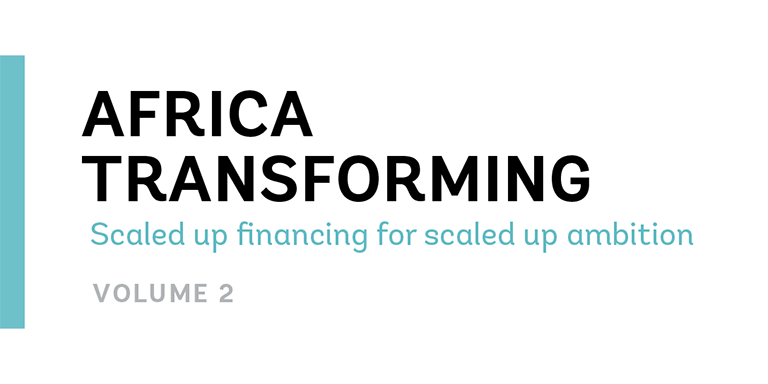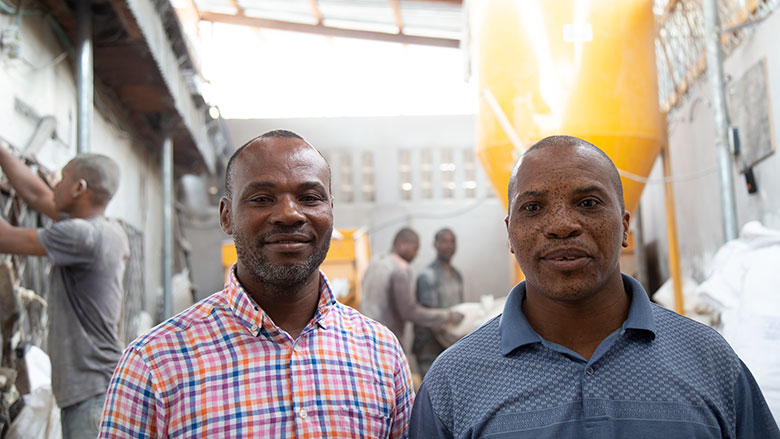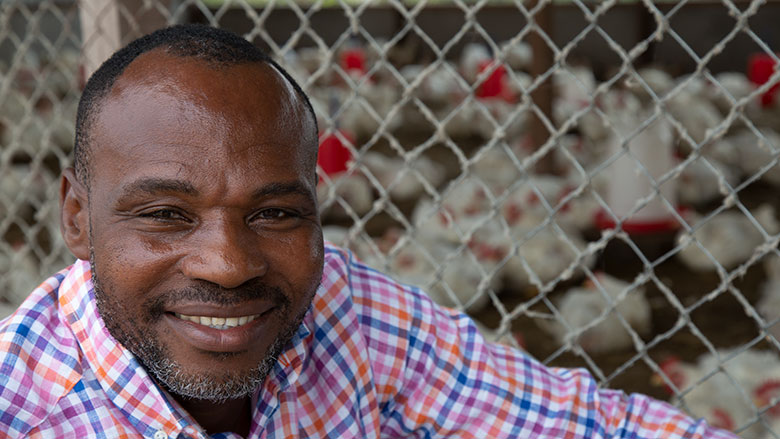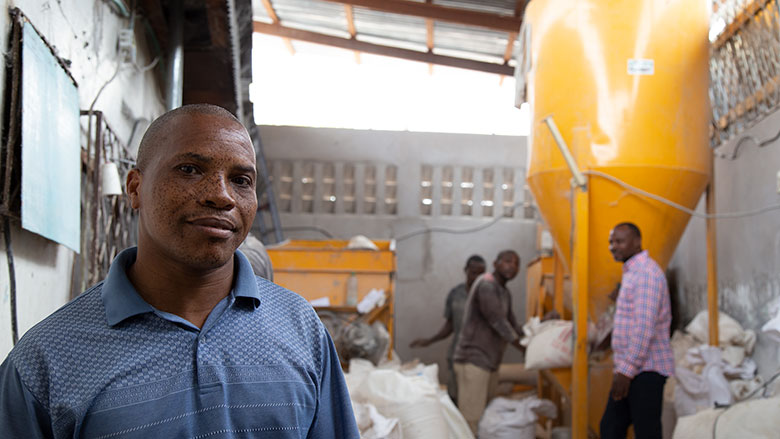A decisive boost
The turning point came in 2010 in the form of a grant from the World Bank-financed Agricultural Development and Rural Roads Rehabilitation Project (ADRRP). It allowed the entrepreneurs to purchase a tilting mixer worth CFAF 5 million (about $9,000), with a capacity of 1,250 kilograms per hour.
“This machine revolutionized our work!” Guembo explains. “In four months, we had tripled our poultry feed production to 60 metric tons per month.”
Livestock feed production became Agro 4’s core activity and, in 2012, they purchased a second machine to meet growing demand. Today, the cooperative has 10 livestock producers, employs dozens of day laborers, and owns a fleet of vehicles for pick-ups and deliveries. Headquartered in Brazzaville, it has branches in Pointe-Noire and the departments of Bouenza and Plateaux and plans to expand operations.
In 2017, Agro 4’s livestock feed production posted revenue of approximately CFAF 700 million (around $1.2 million). But Guembo and Kondo say their greatest pride is in “developing a vision and staying true to values that we hold dear, particularly by promoting high-quality, affordable local production.”
“I’ve always dreamed of being my own boss,” states Rusty Guembo, who is pursuing his ambition in a society in which a career in the civil service is deemed prestigious. Photo: Franck Bitemo/World Bank





